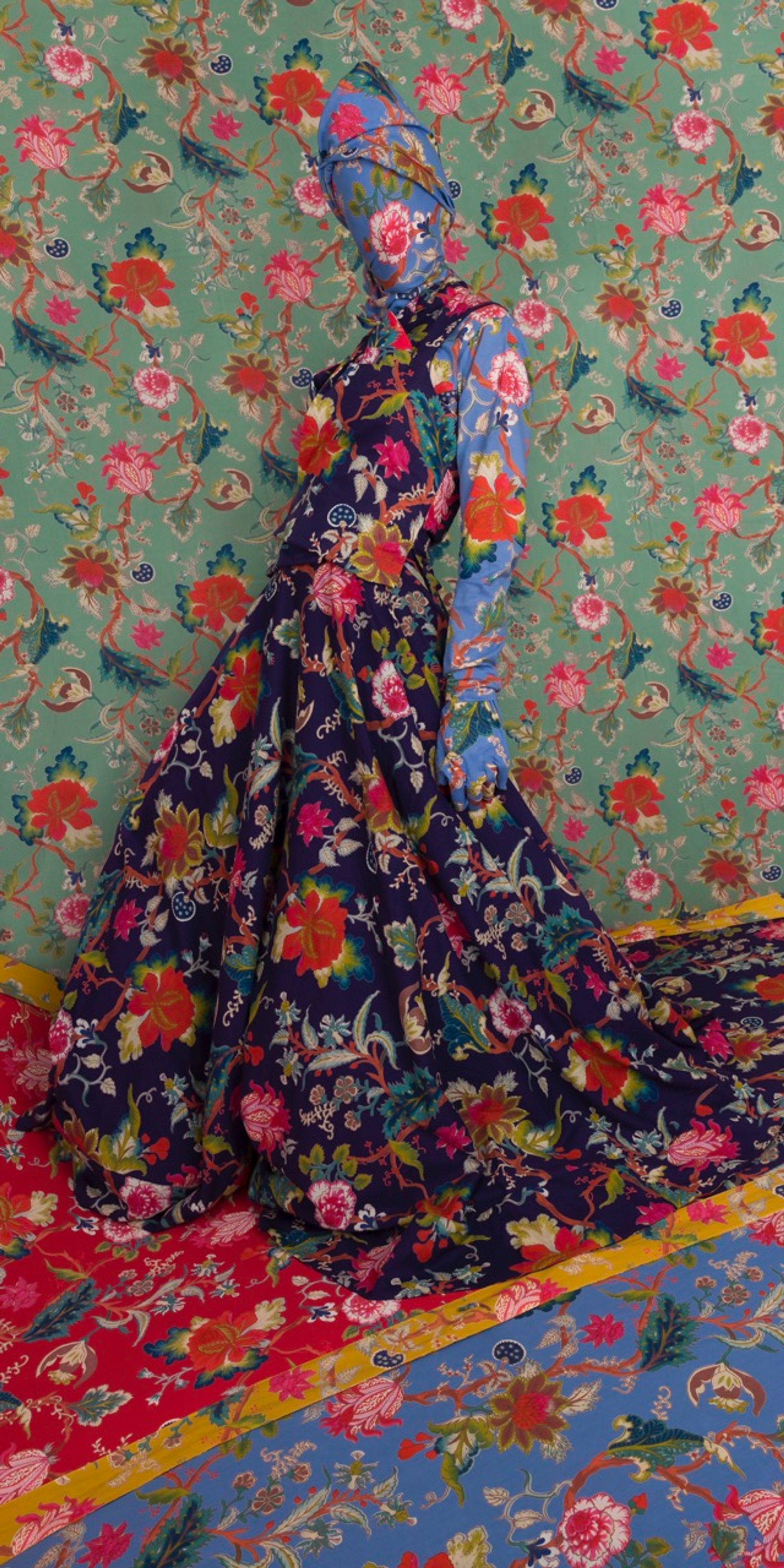NOOKPhoto Series
20236 Artworks
Legend, 2023
Yemen is and always has been famous for its honey. As newborns, honey was placed below our lips so that the first taste of life was sweet and that we were all united by the sweet taste of our land.
NOOK (2023) evokes the experience of the diaspora. It draws attention to those of us whose existence requires us to carve our own spaces of identity. The only way to do so is to create our individual and unique space(s) of retreat.
The title “Nook” refers to sublime places, havens, and safe corners. Whether this is with ourselves at table- lined passageways where we people watch- meditating on how we fit into all of this, looking out of bus or airplane windows, literally in the clouds, both mentally and physically. Meditations that are themselves aspirational. And then there are the reconstructions—mental and physical—of nostalgia, and dual existence. Remembering and re-remembering memories, how to hold/move on, knowing very well that what we remember is only our last memory of an event. As it slips away, we hold on with objects like photographs (to mark moments), maps (to mark places), and songs (to mark emotion). All this to say that we are entering into existences that are not dual, but multi-layered, all at once.
The series is composed of six images that work together, both linear and cyclical, creating a portrait of a multi-layered existence. The characters—the -cludes—are either included or excluded. What about us? Must we draw our power from one culture or another? Perhaps our only form of existence is to choose seclusion; where our agency is influenced by powers none other than our own.
The portraits work together to create a constellation: Wanderlust, Legend, East, West, Fragment I and Fragment II. Wanderlust depicts a seated figure, childlike, full of hope and anticipation, eager to depart. Legend indicates a sense of direction, as well as the ability to choose. Here is a woman set on a path of motion, moving from right to left, from east to west. Emotion becomes motion: she glides along a path, the angle of her torso confident yet simultaneously pulled by the gravity of departure, her feet leading forward.
Continuing with the series, a semi-reclining figure in kurta, loose trousers flowing into the frame of yellow that speaks of warm light and ochre sunsets. This is East. Then there is West, perched on a chair, in straight leg trousers and shirt, a pale face, cloth cascading like loose, long blond hair. East and West can stand side by side, or separated by Legend, who orients and re-orients.
Finally, Fragments I & II form a diptych: two halves of the body, echoing the duality of diaspora. Fragment I is the torso, a floral-patterned shirt. It is only when the viewer sees Fragment II that they perceive the dress as Asian: the kurta is too long to be a shirt, the trousers too full.
These printed fabrics were custom made to resemble a dress worn by my Yemeni grandmother. The clothing was tailored with the idea of fusing together east and west. While I come from two nations that no longer exist (South Yemen and Yugoslavia), I know my blood is Yemeni and Bosnian. My place of birth is Austria, and I hold passports from Yemen and the US. I cannot ignore that I received an education from the British and the US, my colonizers of the past, and my right to citizenship from the Saudis and the US, who have invaded my homeland.
And yet, by holding these two passports, the black (Yemeni) and the blue (US)—both emblazoned with eagles, one opening from the left and one from the right—side by side, I realize that while one gave me everything I came from, the other has given me everything that I have chosen to be. With the blue passport I can travel, be evacuated, speak, and choose. And yet, while my body can choose to be in one place, my mind can be somewhere else, and my soul holds them together.
NOOK confronts the question of citizenship, belonging, and identity- to offer - a counter-narrative. The empirical associations with citizenship are arbitrary; a power that supposes superiority. Migrants, or multinationals, are often perceived as less than whole, when in fact we are overflowing.
There is not less, there is more than.

